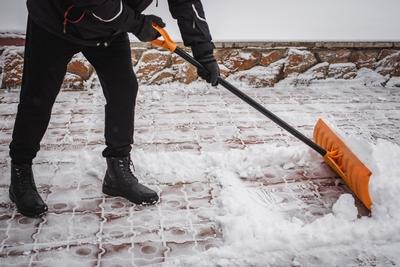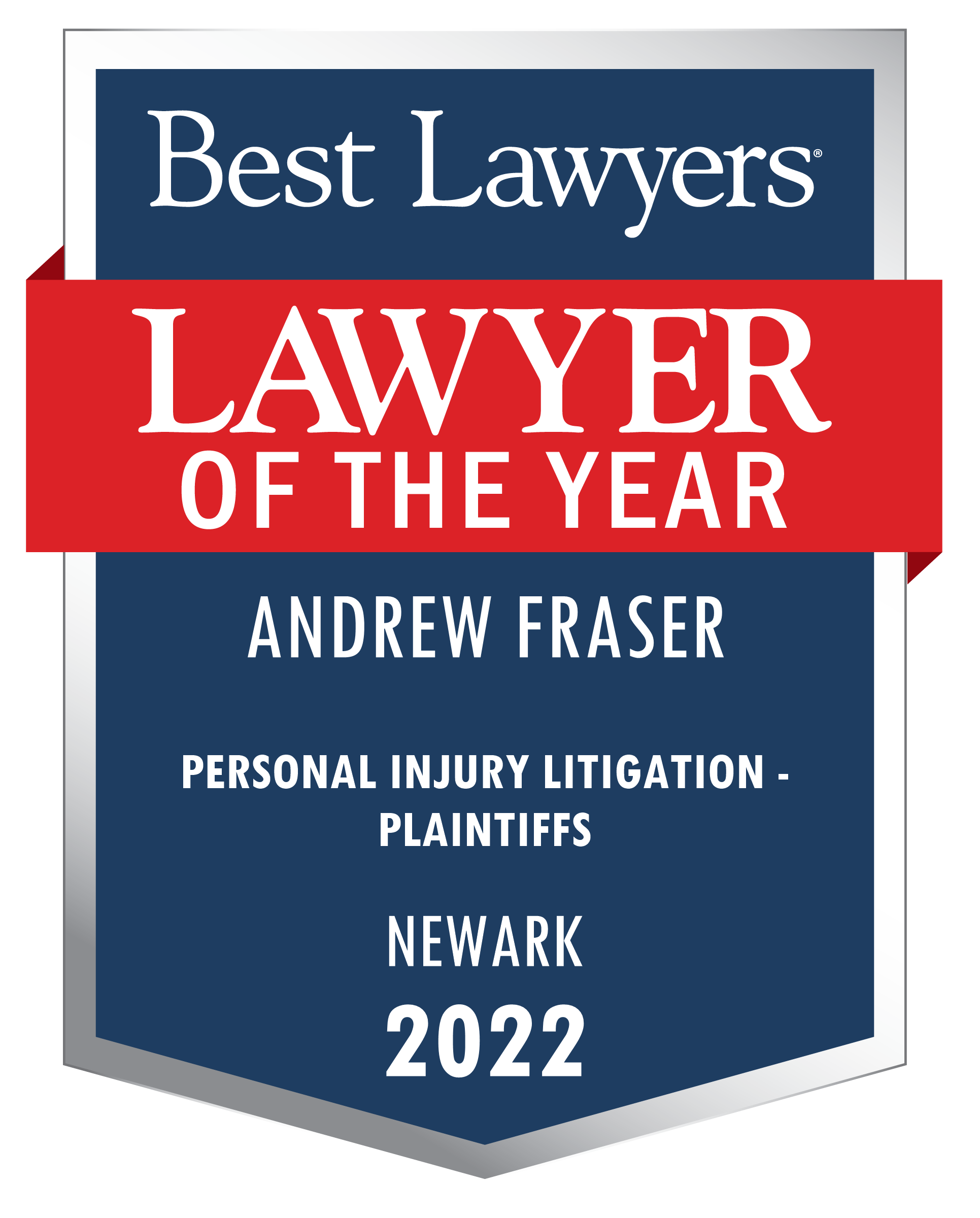Navigating Snow and Ice Removal: A Legal Perspective in New Jersey
Related Attorney: Timothy E. Dinan
January 5, 2024
As winter blankets New Jersey in snow and ice, property owners face a critical responsibility: clearing sidewalks to ensure safety. The distinction between commercial and residential properties in this task holds significant implications under New Jersey personal injury law. Let's delve into the legal intricacies surrounding snow and ice removal, exploring how these obligations differ for commercial and residential properties.
Commercial Properties
For businesses operating in the Garden State, the obligation to maintain clear sidewalks is a legal imperative. New Jersey law places the onus on commercial property owners to promptly remove accumulated snow and ice. Failure to do so may result in legal consequences if someone sustains an injury due to slippery conditions. Commercial properties are typically held to a higher standard, given the increased foot traffic and potential exposure to liability.
In the context of New Jersey personal injury law, slip and fall cases stemming from icy sidewalks outside commercial establishments can lead to premises liability claims. Property owners are expected to exercise reasonable care in ensuring the safety of visitors. This includes timely snow removal and salting to prevent hazardous conditions.
Residential Properties
Residential property owners, while also subject to snow and ice removal expectations, are generally held to a somewhat different standard. New Jersey personal injury law recognizes the distinction between private residences and commercial establishments. However, homeowners should not interpret this as a complete exemption from responsibility.
While residential property owners might not face the same level of scrutiny as their commercial counterparts, neglecting to clear sidewalks can still result in legal consequences. Homeowners should take reasonable steps to address snow and ice accumulation promptly. Failure to do so could lead to liability if someone is injured due to unsafe conditions on the property.
Legal Implications
In the event of an injury caused by a slip and fall on snow or ice, the injured party may pursue a personal injury claim. Liability hinges on factors such as the property owner's knowledge of the hazardous conditions, the reasonableness of their actions, how long the snow and ice was present on the property, and whether they took adequate steps to prevent injuries.
Navigating New Jersey's personal injury law requires a nuanced understanding of these distinctions between commercial and residential properties. Property owners, regardless of the nature of their property, should prioritize proactive snow and ice removal to minimize the risk of legal repercussions and, more importantly, to ensure the safety of those navigating winter conditions.
Questions? Contact Tim Dinan at tdinan@lcrlaw.com, or (973) 729-1880.
See our previous blog post here.


















